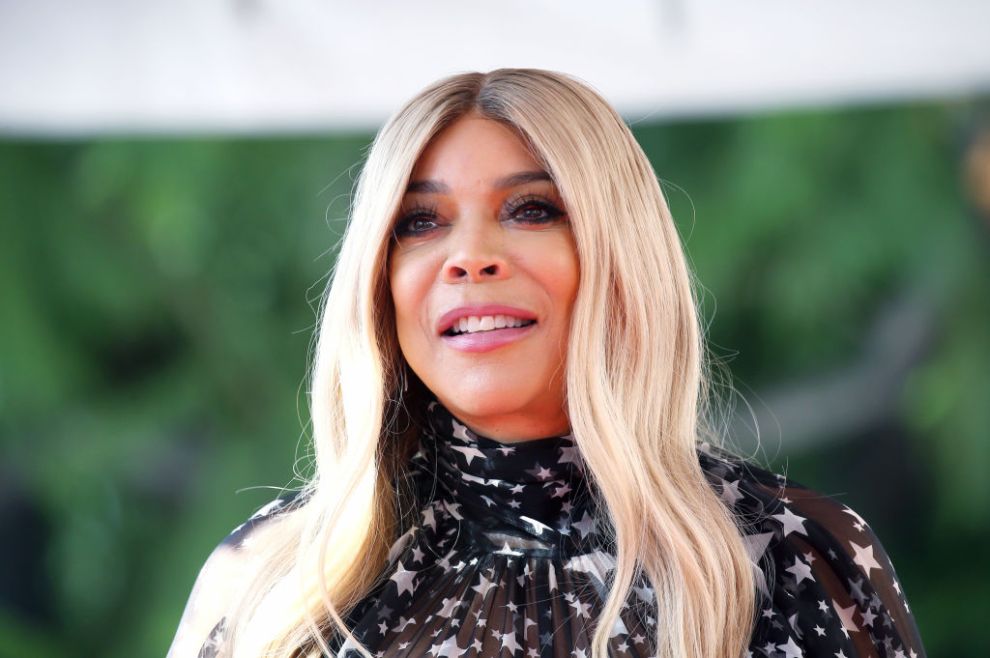Wendy Williams’ guardian, Sabrina Morrissey, has just fired off a new complaint against a slew of heavyweights.
According to People, Wendy Williams’ guardian, Sabrina Morrissey, just made a legal power play against A&E Television Networks, Lifetime Entertainment Services, EOne Productions, Creature Films, and executive producer Mark Ford.
This legal drama hit New York Supreme Court on Monday (September 16), about seven months after the buzzworthy four-part Lifetime docuseries Where Is Wendy Williams?, aired. The documentary, which dives into Williams’ life under guardianship, first premiered on February 24 and 25. Morrissey had tried to stop it before it even aired, but that attempt didn’t quite pan out.
The 75-page complaint states, “As is patently obvious from the very first few minutes of the Program itself, W.W.H. was highly vulnerable and clearly incapable of consenting to being filmed, much less humiliated and exploited.”
“When the Guardian discovered that Defendants’ true intentions were to portray W.W.H. in a highly demeaning and embarrassing manner, she immediately sought to protect and to preserve her dignity. But the defendants fought to move ahead… without a valid contract and released without the Guardian’s consent.”
In the suit, Morrissey—teaming up with high-profile civil rights attorney Roberta Kaplan and her partner Tim Martin from Kaplan Martin LLP—alleges that the network and its crew exploited Williams’ situation. They’re demanding the defendants foot the bill for her medical care and supervision for the rest of her life.
“Not surprisingly, the public reacted with disgust and revulsion at Defendants’ blatant and vicious exploitation of W.W.H,” the complaint reads. “By willfully taking advantage of a severely impaired, incapacitated person, Defendants have made millions on W.W.H.’s back, while W.W.H. has received a paltry $82,000” from the documentary.
“This case arises from the brutally calculated, deliberate actions of powerful and cravenly opportunistic media companies working together with a producer to knowingly exploit W.W.H., an acclaimed African-American entertainer who, tragically, suffers from dementia and, as a result, has become cognitively impaired, permanently disabled, and legally incapacitated,” the complaint continues. “Eager to sensationalize and profit from W.W.H.’s cognitive and physical decline, Defendants took advantage of W.W.H in the cruelest, most obscene way possible for their own financial gain, in a manner that truly shocks the conscience.”
The complaint cranks up the drama by alleging that the defendants “not only deliberately destroyed” Williams’ “credibility and image,” but did so to line their own pockets. It accuses them of turning Williams into the “laughingstock and drunkard implicitly responsible for her own continued suffering,” and dredging up cringe-worthy photos of her in a wheelchair with her legs spread all over the Internet. Plus, it claims they aired footage of her with a nearly bald head—something she would have “never, ever consented and allowed.” Talk about a low blow!
The Lifetime documentary, originally intended to follow Wendy Williams’ podcast comeback, shifted focus to her struggles with alcohol addiction, Graves’ disease, and lymphedema. The docuseries also highlighted her mental health decline and communication issues. The complaint alleges that after Morrissey was appointed as Williams’ guardian, Will Selby, a social media personality and jeweler, took over as her manager and claimed full creative control over the project.

